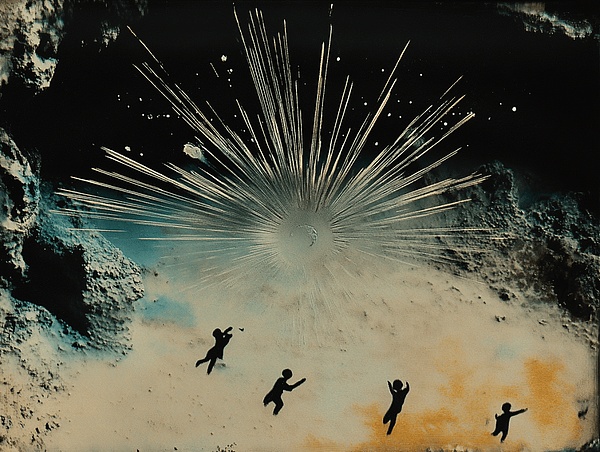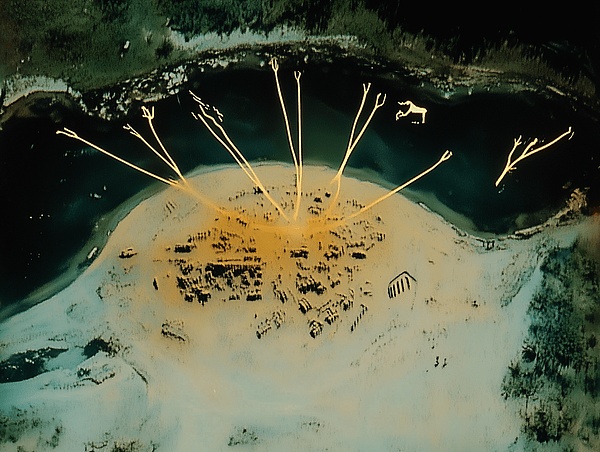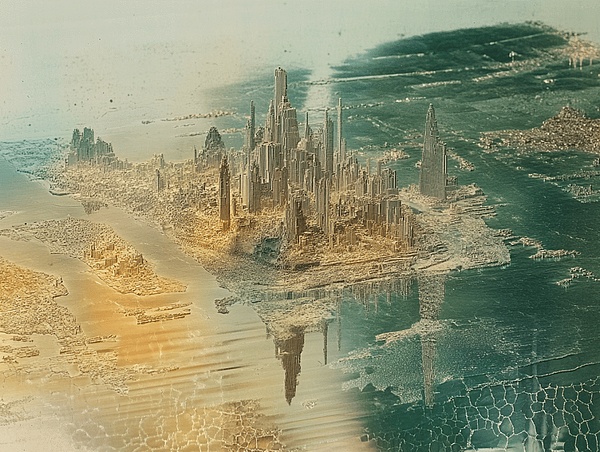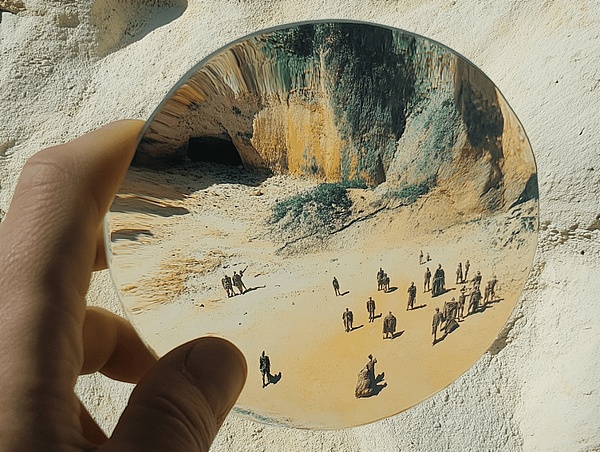We live in many different worlds, each with its own unique customs, rules, history, and accepted truths. Some worlds are serious, while others are playful. Think of the world in your favorite science fiction novel, the world of any major religion, or World of Warcraft. When you enter one of these worlds, it feels incredibly real. Worlds come in all shapes and sizes, and each world has its own rules and entities.
These worlds are alive. If a world is successful enough, millions of people will watch it, become part of it, and incorporate it into their daily lives, generating drama, conflict, and other sparks of life.
These worlds come to life in different media. These media can range from movies and science fiction conventions to Bibles and places of worship, even Blizzard's game servers.
These worlds also have owners. Authorities, authors, institutions, and so on, determine the rules of the game. The owner records the history of the world and defines what is possible and what is not possible in the world. The owner is trusted.
But the owner may also destroy trust and change the rules at will. Especially in the digital world, the owner of the server can rewrite operations, delete achievements, and even tamper with or erase history.

What if we can create the same "vitality" in a world that does not belong to anyone? What kind of emergence and creativity will be inspired in a world that anyone can freely build?

Some games and online spaces are self-contained, developing deep story backgrounds, histories, and cultures, as if they have always existed. We believe that these digital worlds can be as meaningful, impactful, and resonant as the real world. We call these digital spaces “Autonomous Worlds.”
Autonomous Worlds introduce the possibility of a reality without owners. They are possible in the digital realm, and they find their ideal vehicle in blockchain in particular. Blockchains guarantee the long-term existence and autonomy of these worlds, while facilitating creations beyond the original designers by displaying and executing their internal logic.
“Autonomy” does not mean that there are no humans or participants, but that the existence of this world does not depend on any specific person or institution. Without owners and without institutional constraints, anyone is free to build on top of an Autonomous World.

Blockchain provides a new trust mechanism for the birth of an autonomous world: no longer need to trust institutions, the world's residents (or anyone who cares about the world) can run consensus algorithms and use computers to automatically reach a consensus on the history of the world. No owner is needed to decide what is part of the universe and what is not.
Blockchain is also highly composable and modifiable, as long as the rules are followed, anyone can deploy code that interacts with the rest of the world: just like chess pieces on a chessboard have a limited number of ways to move (but a game has millions of possible positions).

Owned worlds are like theme parks, highly controlled, carefully designed environments. Autonomous worlds are more like an evolving metropolis, where anyone can introduce new customs, cultures, political systems, or economic rules and feel their widespread impact on the world. They may be a little chaotic, but they are self-consistent.
Because autonomous worlds use blockchain as their underlying infrastructure, their residents can be sure that their actions and modifications will last forever.
Each autonomous world exists in a digital physical law: immutable laws that enforce restrictions. Perhaps counterintuitively, these restrictions are what lead to the creativity of the world's residents. Simple, fixed rules provide space for people to build original and creative things on top of them.
Autonomous worlds, driven by new computing methods, build persistent, multi-author virtual realms that can collaboratively evolve and transcend traditional digital space experiences.

At Lattice, we are interested in emergent, unforeseen behaviors that can occur in the digital realm. We provide infrastructure and tools for developers, creators, storytellers, and disruptors to help them realize autonomous worlds.
Original link: https://lattice.xyz/autonomous-world
 JinseFinance
JinseFinance
 JinseFinance
JinseFinance JinseFinance
JinseFinance JinseFinance
JinseFinance JinseFinance
JinseFinance Miyuki
Miyuki Medium
Medium Vitalik
Vitalik
 Ftftx
Ftftx Cointelegraph
Cointelegraph